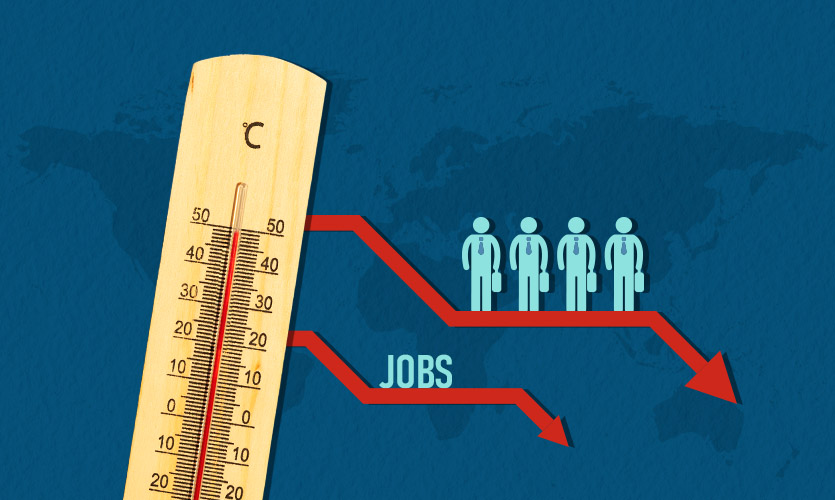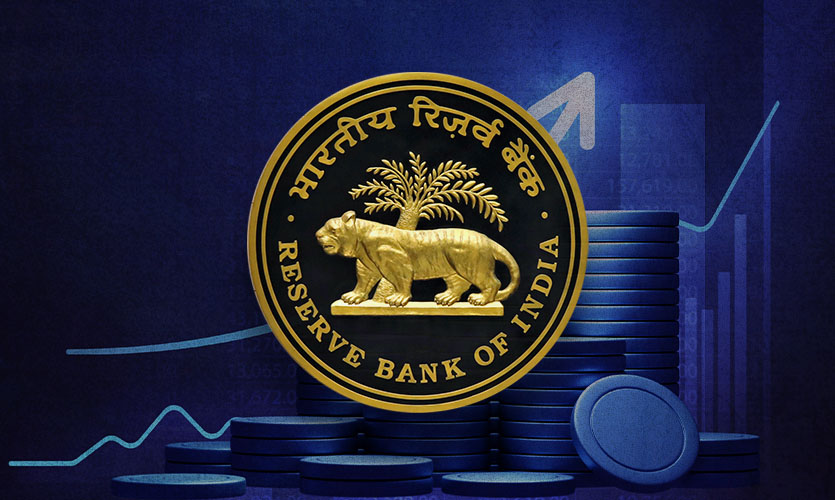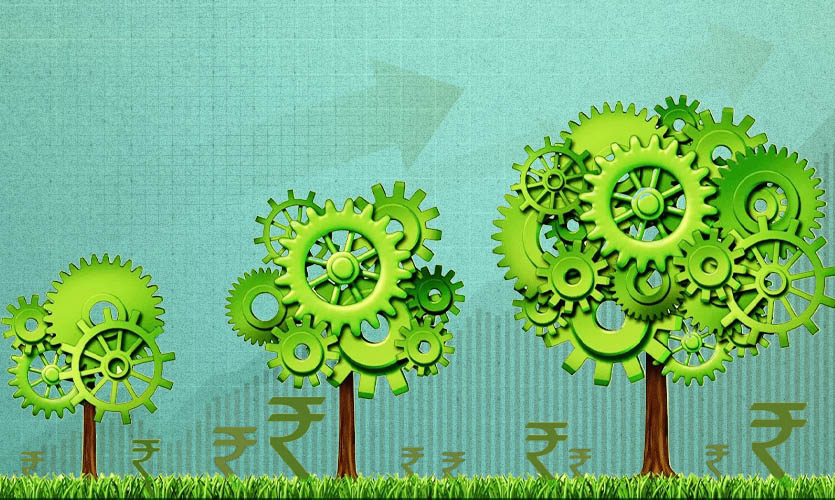According to a report by the World Bank, India is soon likely to experience severe heat waves that will exceed human survival limits, which spells doom for the country.
Since the turn of the century, frequency of heatwaves has risen worldwide, claiming thousands of lives. In a report titled ‘Climate Investment Opportunities in India’s Cooling Sector‘, the World Bank said that India’s temperatures are rising and staying that way longer.
Over the past few decades, extreme heat waves have become increasingly common in India, and soon India may become one of the first places in the world to experience heat waves that exceed human survivability. Severe heat waves are responsible for hundreds of deaths across the world every year.
According to the Human Survivability Limit, humans can survive three minutes without air, three days without water, and three weeks without food. A punishing heat wave struck India in April 2022, when New Delhi’s temperature reached 46ºC. According to the World Bank report, March 2022 was the hottest month ever recorded due to extraordinary spikes in temperatures.
The report warns that rising temperatures can undermine economic productivity in India. Up to 75 percent of India’s workforce, or 380 million people are exposed to extreme heat, sometimes working in potentially life-threatening temperatures. According to the report, 34 million of the 80 million jobs lost worldwide by 2030, could be attributed to heat stress-related productivity decline in India.
South Asian countries showed the greatest impact of heat exposure on heavy labour in India, with more than 101 billion hours lost each year. McKinsey & Co estimates that lost labour from rising temperatures and humidity could threaten approximately $150-250 billion of India’s GDP by 2025. In order to ensure food security and public health security in India in the long run, a reliable cold chain network is essential. Every step of the cold chain refrigeration system is necessary when transporting food and pharmaceutical items across India.
“A single temperature lapse in the journey can break the cold chain, spoiling fresh produce and weakening the potency of vaccines. With only 4 percent of fresh produce in India covered by cold chain facilities, annual estimated food losses total $13 billion,” it said. Additionally, the report noted that India, the world’s third-largest pharmaceutical producer, lost approximately 25 percent of vaccines and 20 percent of temperature-sensitive drugs due to broken cold chains, resulting in a loss of $313 million annually.
The recent heat wave in India supports what many climate scientists have long cautioned about in relation to rising temperatures across South Asia, such as breaking the human survivability limit. “The G20 Climate Risk Atlas also warned in 2021 that heat waves across India were likely to last 25 times longer by 2036-65 if carbon emissions remain high, as in the IPCC’s worst-case emission scenario,” said the report.
Read more: India To Receive Over $100 Billion In Remittances In 2022










